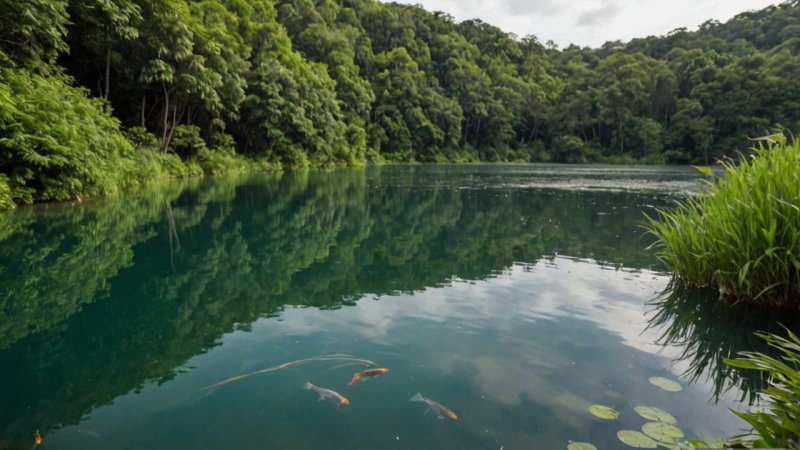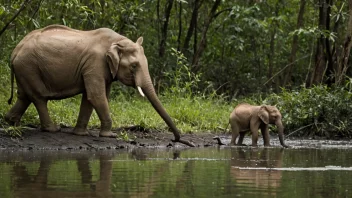Climate change is one of the most pressing issues facing our planet today, and its impact extends far beyond rising temperatures and melting ice caps. One area that is particularly vulnerable to climate change is freshwater fisheries, which provide essential resources for millions of people worldwide. Understanding how climate change affects these fisheries is crucial for sustainable management and conservation efforts.
Freshwater fisheries are influenced by a variety of environmental factors, including water temperature, flow patterns, and habitat availability. As global temperatures rise, water bodies are experiencing changes in their thermal regimes. Warmer water temperatures can lead to altered fish behavior, reproduction cycles, and even species distribution. For instance, species that thrive in cooler waters, such as trout, may find their habitats shrinking, while warmer-water species may expand into new areas, potentially leading to conflicts over resources.
Additionally, climate change can affect the hydrology of freshwater systems. Changes in precipitation patterns can result in altered river flows, leading to periods of drought or flooding. These fluctuations can devastate fish populations by destroying spawning habitats or limiting access to critical feeding areas. Moreover, increased runoff from heavy rainfall can lead to higher sediment loads and nutrient pollution, which can harm aquatic ecosystems and degrade water quality.
The impact of climate change on freshwater fisheries also extends to socio-economic dimensions. Many communities rely on fishing for their livelihoods, and changes in fish populations can have significant economic repercussions. For example, decreased fish stocks can lead to lower catches, affecting food security and income for those who depend on fishing. This is particularly concerning in developing countries where alternative livelihoods may be limited.
Efforts to mitigate the impact of climate change on freshwater fisheries are essential. Strategies include implementing sustainable fishing practices, restoring degraded habitats, and enhancing the resilience of aquatic ecosystems. Additionally, researchers are advocating for better management policies that consider the long-term impacts of climate change, ensuring that both fish populations and the communities that depend on them can thrive.
In conclusion, the impact of climate change on freshwater fisheries is a complex issue that requires immediate attention. As temperatures rise and weather patterns shift, the delicate balance of freshwater ecosystems is at risk. By understanding these changes and implementing effective management strategies, we can help protect these vital resources for future generations.






